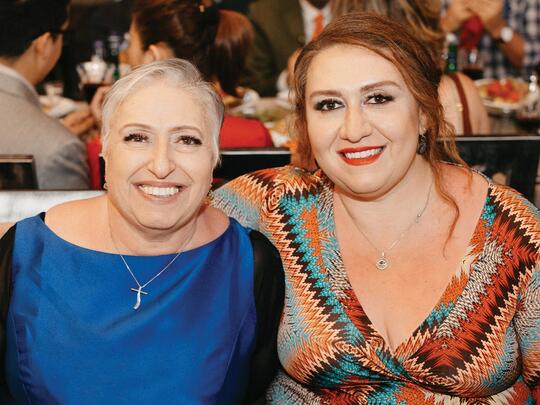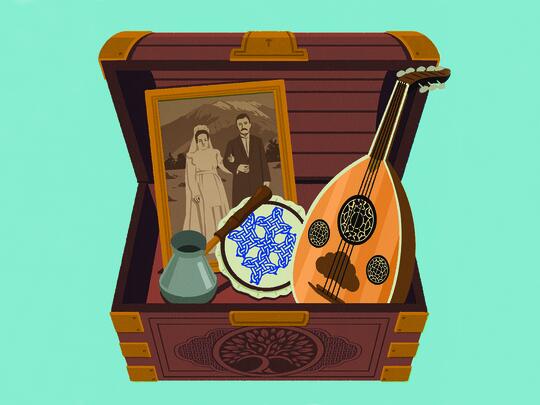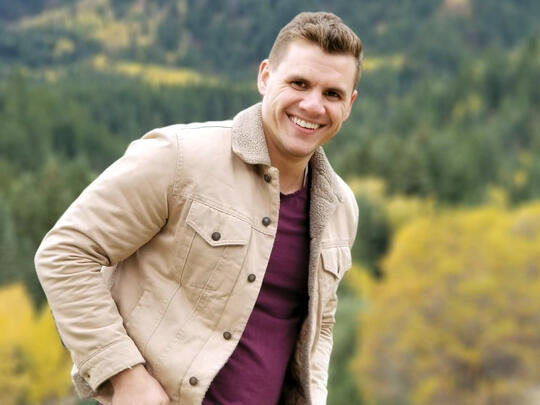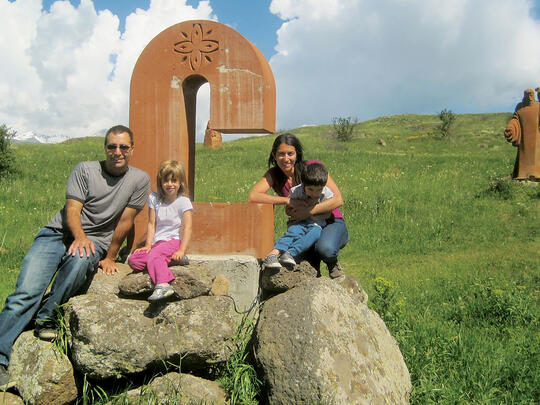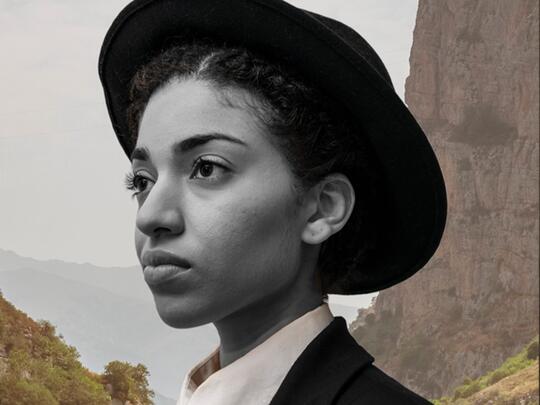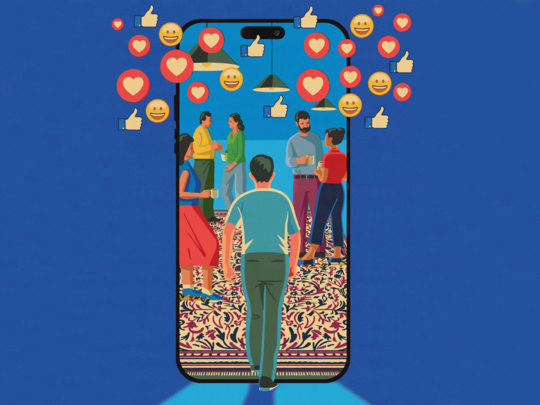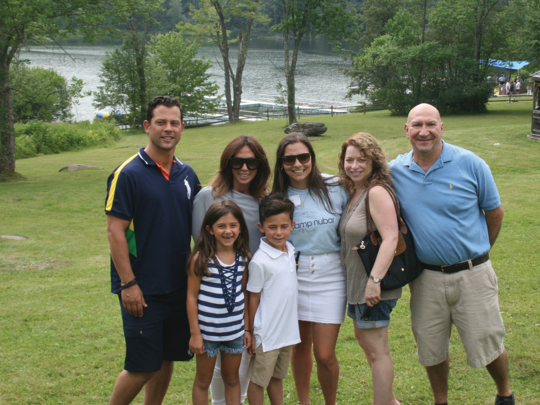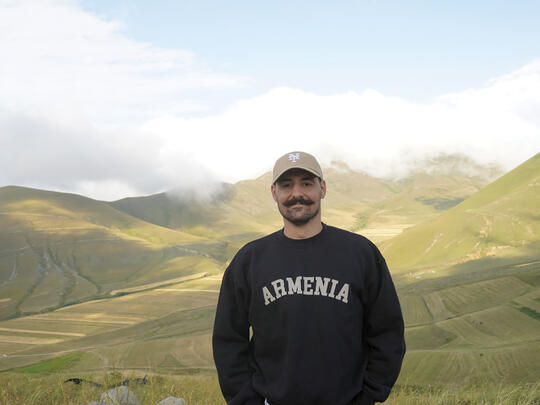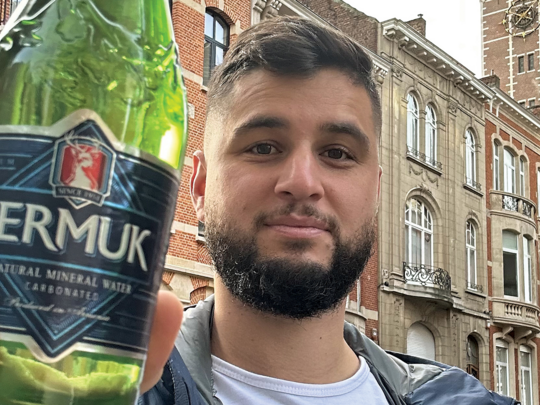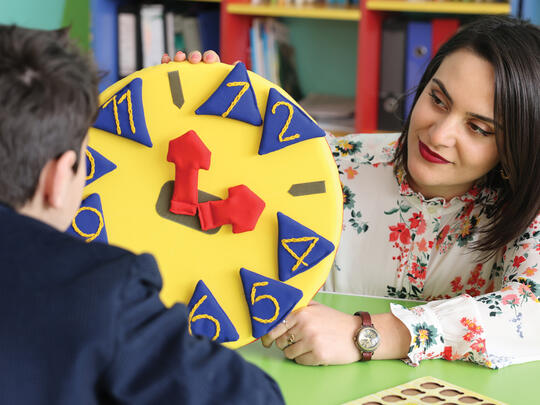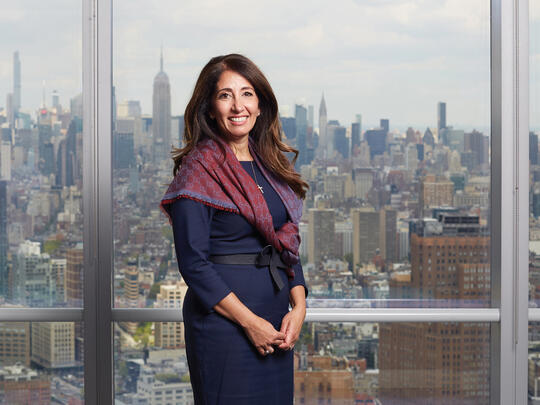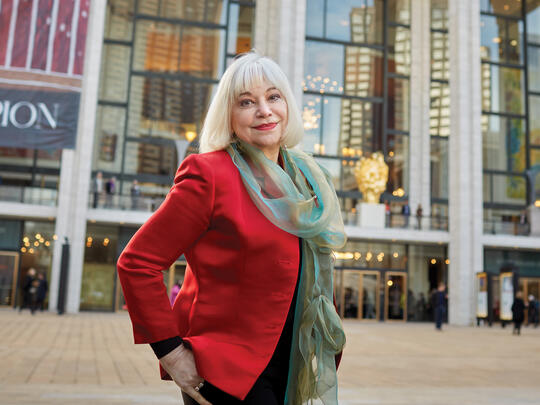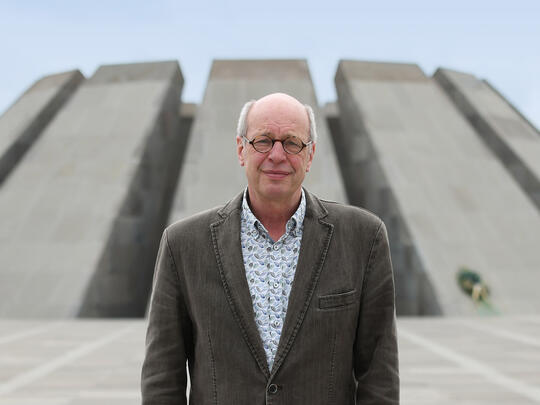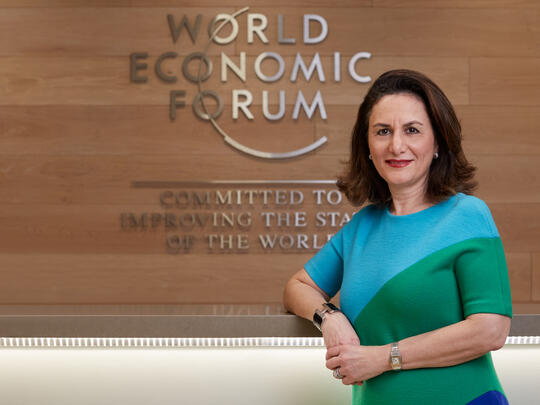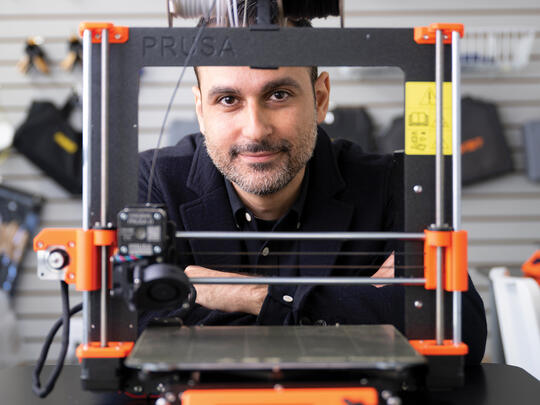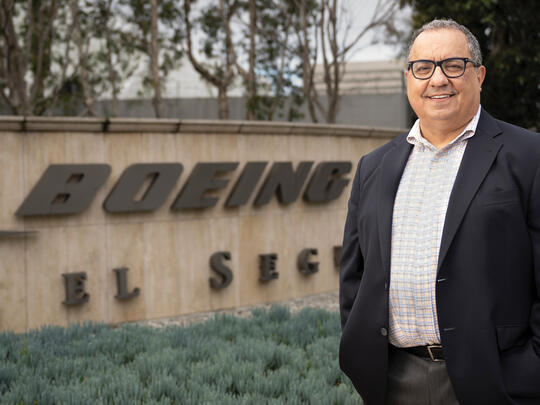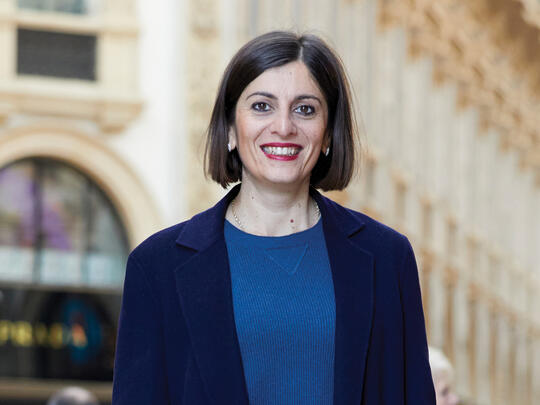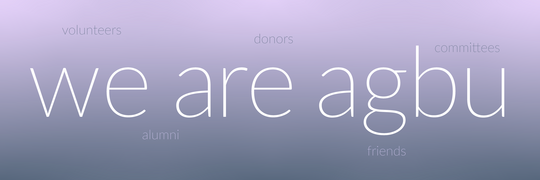
Empowering and Engaging Women
Sona Yacoubian
As founder of Hye Geen, I have had the chance to think hard about the difficulties of being a woman, the challenges that young women face today as professionals, as spouses and as mothers. I believe AGBU gave us the opportunity to come together, empower each other to endure and continue our struggle to achieve our individual goals as well as be the bearers of our national identity.
Sona Yacoubian likes to joke that she was born into AGBU. Daughter of an AGBU School principal, secretary of her AGBU Alumni Association and founder of AGBU Hye Geen, Sona has spent over 20 years working to preserve and honor the achievements of Armenian women through AGBU.
AGBU Hye Geen provides support to empower women as bearers of Armenian cultural heritage. Founded in Los Angeles, the organization reaches beyond the United States to improve the lives of Armenian women in both Armenia and the diaspora. It also organizes public educational events designed to widen the community’s scope and understanding Armenian issues facing women. Hye Geen bears the same name as a magazine published in Istanbul from 1919 to 1932 by Armenian feminist Hayganoush Mark and sees itself as a continuation Armenian women’s movement begun in the 1860s.
How did you first become involved with AGBU?
My father Onnig Sarkissian was part of the AGBU leadership. He was one of the few Western Armenian experts in the diaspora. For many years, he had taught the language at the AGBU Melkonian Educational Institute in Cyprus and later at the AGBU Hovagimian-Manoogian High school in Lebanon.
I attended the AGBU Tarouhi Hagopian High School in Beirut and was chair of the AGBU club. Later, I was elected secretary of the AGBU Alumni Student Association. I moved to the United States in 1971 and settled in California in 1989, where I began Hye Geen.
What was the inspiration behind Hye Geen?
In 1991, several people who had been involved in AGBU in the Middle East suggested that AGBU form local chapters around the Los Angeles area. The Glendale chapter was founded and the Glendale Women’s Auxiliary used to meet at my house. There was a lot of excitement—we used to cook meals and organize lunches on Sundays. After a bit of time had passed, it became obvious that this was not enough. Our children— particularly our daughters—were in college and quickly on their way to becoming professionals. They had diverse interests and we needed to appeal to this new generation of lawyers, businesswomen and engineers. We had to find a way to lead them to serve the community in leadership and decision-making positions. We had to pave the way for them and guarantee their future.
What were the early days of Hye Geen like?
They were difficult—change is difficult and most people resist it. People kept asking why a new women’s group was needed, why the auxiliary group wouldn’t suffice. The reason was that there were new issues confronting our community at that time. We had to integrate women who had just arrived in California into a relatively homogeneous Armenian community and these women needed guidance.
Hye Geen started with small events that tackled subjects that we were not always comfortable discussing, such as divorce and domestic violence. A writers’ group was established and we encouraged women to write about social issues. Psychologists, lawyers, educators would lead the discussions at our events and propose different interpretations and solutions to social problems we were facing. Slowly we started seeing a difference. The audience was participating in the discussions more and more, sometimes even getting into arguments with each other, while in the beginning they would just listen. We could see a social consciousness developing.
How did the Hye Geen Pregnant Women’s Centers come about?
My husband is a heart surgeon, and starting in 1995, we would go to Yerevan where he would perform open heart surgeries. On one of these trips, an OB-GYN took me to the gynecological ward at the hospital. There was no running water, no regular electricity, hardly any food and no adequate medical services. Women were in bad shape: abortions, infections and depression were the norm. No one was taking care of these women. They were lost between the very old and the very young who were getting the lion’s share of support from different charities in the diaspora.
After discussing the situation with the Hye Geen Committee, we opened the first Pregnant Women’s Center in Gyumri in 2002. In the years that followed, four more centers opened in Vanadzor, Yeghvart, Talin and Yerevan. These are places where nutrition, medical care and psychological support are provided to pregnant women. To date, 2062 newborns and their mothers have reaped the benefit of these centers.
What have you learned in your position?
Founding AGBU Hye Geen has opened up possibilities for me to get acquainted with the Armenian women of Los Angeles as well as women of other nationalities. I have had the chance to think hard about the difficulties of being a woman, the challenges that young women face today as professionals, as spouses and as mothers. I believe AGBU gave us the opportunity to come together, empower each other to endure and continue our struggle to achieve our individual goals as well as be the bearers of our national identity. As part of an organization, I have learned that you have to push, be consistent and never miss an opportunity. You have to persevere and work hard. So many projects begin within an organization and they fade within a few months.
What projects is Hye Geen working on now?
We are very much concerned with sex-selective abortion in Armenia and we are gathering information from United Nations literature and the media to confront it at an organizational level. There are 114 boys to every 100 girls born each year and the disparity is increasing. We have proposed a plan to identify and sponsor women who are planning to abort girls. Hye Geen would fund them until delivery, when the child could be adopted. There are many families who are eager and ready to adopt, but there are not enough babies.
We are also looking to open a center in Tcharentzavan where most of the residents are poor and the pregnancy rate is high. The center only about $6,000 per year and it does so much good. We have the personnel, set work policies and established programs. Everything is there except the funding.
Please note that archived content may appear distorted as it has been stripped of formatting and original images.


